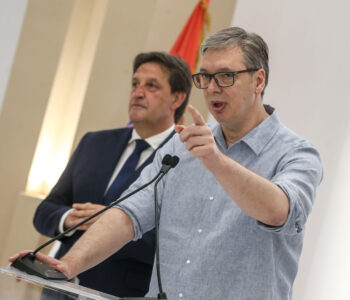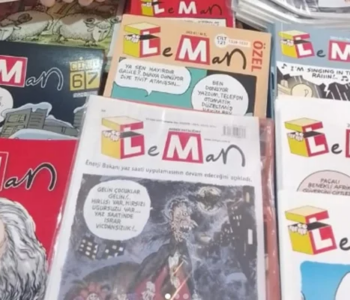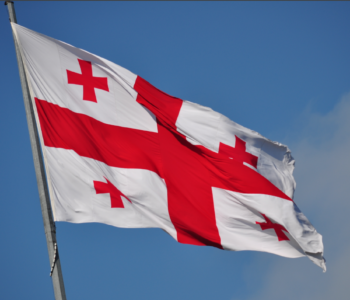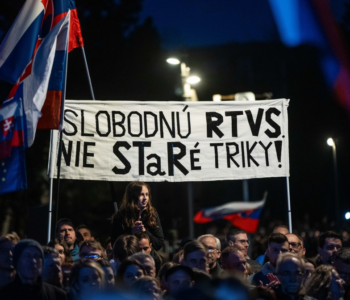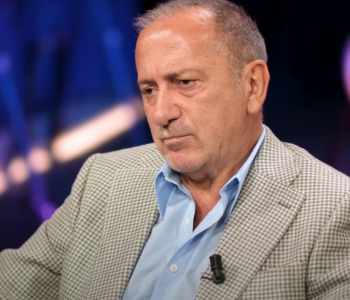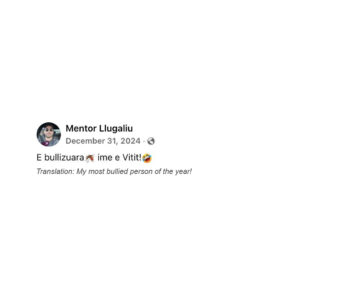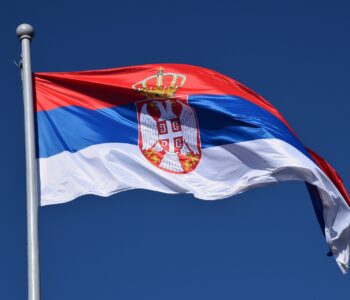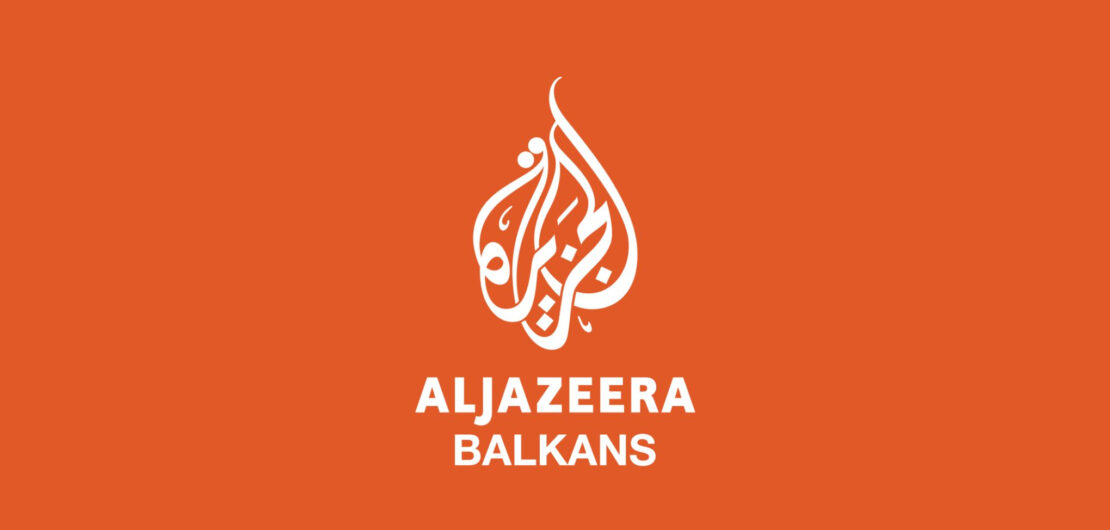 Allgemein
Allgemein
SafeJournalists and MFRR: Closure of Al Jazeera Balkans is…
SafeJournalists and MFRR: Closure of Al Jazeera Balkans is a Major Blow to Media Freedom and Pluralism in the Region
The SafeJournalists Network and the Media Freedom Rapid Response (MFRR) platform express deep concern and solidarity with over 200 journalists and media workers affected by the sudden announcement of the closure of Al Jazeera Balkans after 14 years of continuous operation.
17.07.2025
This is not merely the end of a respected regional media outlet—it is a serious blow to media pluralism, freedom of expression, and the public’s right to be informed across the Western Balkans. For over a decade, Al Jazeera Balkans was a synonym for professional, independent, and quality journalism, covering vital political, economic, and social issues from a regional perspective. Its closure is a loss for democracy, transparency, and critical discourse in a region where media independence is increasingly fragile.
The Network and MFRR is especially alarmed by the way in which the decision was communicated. More than 200 employees reportedly learned of the shutdown through media reports rather than through official internal channels. This lack of transparency and disregard for workers’ rights is unacceptable and signals the broader vulnerability of journalists in the region.
Although the company cited business-related reasons for the closure, this move raises significant concerns about the long-term sustainability of independent journalism, even in media outlets that were previously considered financially and editorially stable. The sudden elimination of such a powerful regional voice also raises questions about the commitment of owners and international stakeholders to uphold protection of journalistic rights, integrity and work in the interest of the public.
The closure of Al Jazeera Balkans follows a troubling pattern in the region. In Croatia, Bosnia and Herzegovina, Serbia, and elsewhere, media pluralism continues to decline. Recent ownership and management changes at N1 Television, as well as intensifying political pressures on independent media in Serbia, further endanger the space for credible journalism. The disappearance of yet another major news outlet would leave citizens without reliable sources of information and deepen the democratic deficit in the region.
We call on the management of Al Jazeera Balkans to engage in an open and fair process with its employees and to ensure that any layoffs are carried out in accordance with labour laws and with respect for the rights and dignity of all workers.
We also urge governments in the region, EU institutions, and international partners to take this development seriously. Protecting media pluralism and the working conditions of journalists requires urgent and concrete action, not just declarations. Legal safeguards must be put in place to prevent the sudden closure of media outlets without proper protections for staff, and to guarantee the financial and editorial independence of media operating in the public interest.
Finally, the SafeJournalists Network and MFRR express its full solidarity with the journalists and staff of Al Jazeera Balkans and stands ready to support them through legal, professional, and advocacy channels.
This is not just the story of one newsroom. It is a warning that independent journalism in the region is under increasing threat—and that without it, democracy itself is at risk.
Any attack on journalists—including economic and structural ones—is an attack on democracy, public interest, and fundamental human rights.
This statement was coordinated by the SafeJournalists Network and the Media Freedom Rapid Response (MFRR), a Europe-wide mechanism which tracks, monitors and responds to violations of press and media freedom in EU Member States and Candidate Countries.

